In 2026, WooCommerce hosting continues to play a crucial role in the success of online businesses. We all know that setting up an online store goes beyond just choosing the right eCommerce platform. Choosing the right hosting provider for WooCommerce is of utmost importance.
WooCommerce hosting refers to the specialized hosting service designed to optimize and support WooCommerce, a popular eCommerce platform powered by WordPress.
It provides the necessary infrastructure and resources to ensure the smooth and secure operation of WooCommerce-powered online stores. There are several benefits of using WooCommerce for eCommerce.
Only by selecting the right hosting provider can businesses maximize the potential of their WooCommerce stores and provide a seamless shopping experience for their customers.
If you’re using WooCommerce or planning to use it then you must look into the hosting providers we’re about to show you next on our handpicked lists only for you.
So what are we waiting for? Let’s get started.
What to Look for in a WooCommerce Hosting Provider
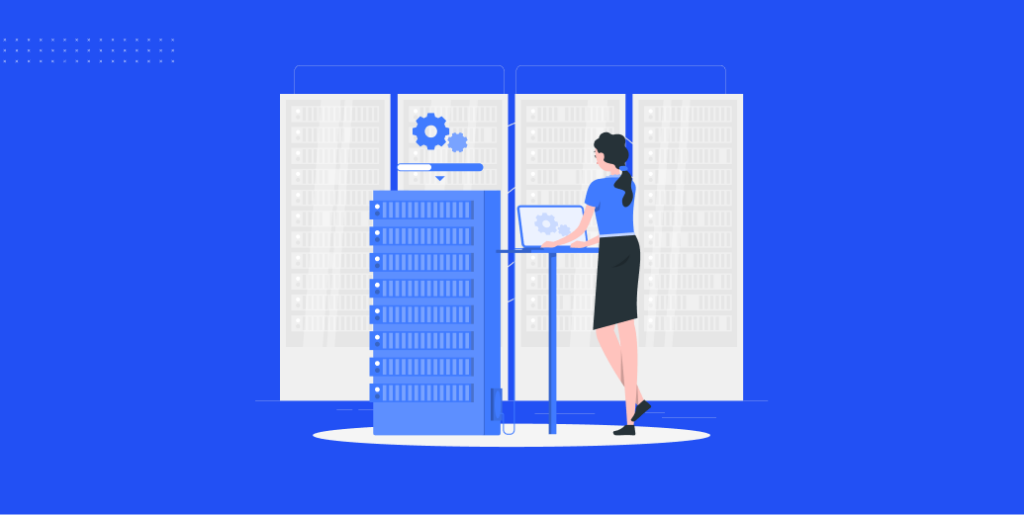
When choosing a WooCommerce hosting provider, there are several key factors to consider to ensure the success and smooth operation of your online store:
Security
There are endless threats to cybersecurity: credit card fraud, and phishing, to name a few. And of course, customers are well aware of them. How can people shop on your site if they do not trust that their personal information is safe?
On top of that, the lack of security does not only harm the buyers but also the owners. Hackers can do anything to damage your store, from DDoS attacks that bring the site down to installing malware that blocks your ownership.
Moreover, web browsers like Chrome take cybersecurity seriously. They would trigger a red alert if one website is not encrypted with HTTP, which is a sign of insecurity in their standard. For the same reason, poor security is bad for Google’s SEO ranking.
Thankfully, lots of security threats can be solved by reliable hosting services. Check these hosting features to make sure your site is safe:
- SSL certificate: a common certificate for encryption of personal data which is reflected by the “https” subdomain in the address bar.
- PCI compliance: PCI DSS (Payment Card Industry Data Security Standard) is set up by credit card companies to ensure a safe credit card-using environment on web pages. Credit card companies can audit merchants for this standard, and so can visitors.
- Firewall: save your websites from plenty of attacks by filtering and blocking any malicious traffic to your site.
- DDoS protection: protect your store from DDoS attacks (Distributed Denial of Services) which initiate thousands of fake requests to your site, thus, causing it to shut down.
Security is crucial for an eCommerce site. Ensure that the hosting provider provides robust security measures, such as SSL certificates, firewalls, regular backups, and malware scanning. This will help protect your customers’ data and maintain the trust of your online store.
Performance
Customers in 2024 can not wait for more than three seconds to load an online shop. In fact, Google has recommended that “2 seconds is the threshold for eCommerce site acceptability”. Fastening your website is obviously your top priority, and good web hosting plays the leading role.
Of course, every web host provider would claim that they are fast, but check these features and scores to see if they are actually lighting:
- CDN (Content delivery network): a group of servers distributed in widespread areas enabling faster cyber data delivery to regional users.
- Server-side caching: Copy and store your web pages’ data in HTML form and serve it to users when requested. Caching saves the time of downloading the web pages all over again.
Besides speed, uptime and downtime are other worth mentioning factors.
Uptime is whenever your website is available to all users, whereas downtime is when your website malfunctions to the extent that visitors can not do any tasks.
Since downtime is equal to losing money, all eCommerce host services aim at zero downtime. Some nearly made it with reliable website uptimes of more than 99%.
Look for a hosting provider that offers optimized server configurations and caching mechanisms specifically tailored for WooCommerce. This will ensure fast page load times and a seamless shopping experience for your customers.
Bandwidth & SSD space
Compared to other websites, eCommerce stores eat up more storage because of their many categories, product pages, and huge archives of media files. You should choose a suitable hosting plan offering enough disk space to store your site.
Also, it’s normal for an eCommerce site to receive an influx of traffic in a short amount of time, peak season, for example. Thus, bandwidth is important. Bandwidth is your site’s capability to deliver an amount of information in a period of time.
The higher the bandwidth, the faster it delivers as well as the better flexibility to create content for your webpages. For example, you would not dare to input a high-resolution video knowing that the video could put a heavy load on your site to carry, would you?
Your website traffic, its average page size, and the number of pages are important factors in deciding the right bandwidth and disk space usage for your site. You can check available hosting plan information or ask their providers directly to know how much bandwidth and storage is suitable.
Backups
Before online drives, we all understand the pain when your unfinished document is shut down before it is saved. It is the same yet more brutal experience if your website does not back up. After one cyber attack or one error update, all of your product, order, and customer data will be gone.
Thus, looking for a backup feature such as daily automatic backup, cloud backup is a must.
Compatibility and Integration with WooCommerce Plugins and Themes
Your hosting provider should support and seamlessly integrate with the plugins and themes you plan to use for your WooCommerce store. This will allow you to leverage the full functionality of WooCommerce and customize your site as needed.
Scalability and Resource Allocation Options
Your hosting provider should offer scalability options that allow your site to handle increased traffic and accommodate the growth of your business. Look for features such as scalable resources, load balancing, and the ability to easily upgrade your hosting plan.
Customer Support and Reliability
Look for hosting providers with a reputation for quick response times and a knowledgeable support team. This ensures that any issues or concerns with your WooCommerce site can be addressed promptly, minimizing any potential downtime or disruptions to your online store.
A guide to choosing a hosting type for your WooCommerce website

There are two main hosting types: Web Hosting (Shared Hosting, VPS Hosting, Dedicated Hosting) and Cloud Hosting. All of them have good characteristics for eCommerce hosting. Let’s get into each type and find the one that fits your business.
Shared Hosting
Shared Hosting is the cheapest type of hosting by which your website will share the same server and resources with many other websites. It’s like sharing a dorm in college, you will not have much privacy and space. For Shared hosting, the biggest downsides are the lack of privacy and slow speed.
Due to these characteristics, Shared Hosting is not very suitable for an eCommerce site expecting good traffic. However, small-scale businesses can still purchase a Shared Hosting plan to save budget first and upgrade to a better hosting type later.
Check out for a plan with suitable SSD disk space, bandwidth to your website along other features such as CDN or Free SSL certificate.
VPS hosting
VPS (Virtual Private Server) Hosting is a more upgraded version of Shared Hosting, which empowers more privacy, storage, and performance. You still share the same server with other websites yet get dedicated resources for your own.
Putting in the estate example, VPS Hosting is owning a condo where you get your own kitchen, living room, and bathroom. Since you completely own a part of the server, you can access the root and make any technical adjustments for your sake.
With the privilege of performance, flexibility, security as well and affordability, VPS Hosting is commonly used. The hosting method is specially crafted for small and mid-sized eCommerce businesses with the desire to grow.
Dedicated Hosting
Dedicated Hosting is like when you own a whole house or villa. A whole server is dedicated to one user, giving the ultimate performance, flexibility, and security.
Of course, this is the most expensive option made for large enterprises with huge traffic every day.
Cloud Hosting
Unlike traditional web hosting which stores your web in a physical server, cloud hosting keeps your site data in a virtual environment. Unbounded by the physical world, Cloud Hosting is capable of superior features compared to web hosting.
Cloud Hosting is for all business sizes from small start-ups to big enterprise plans. For in-house servers, businesses may find it troublesome to move to higher plans when the existing one can not hold that much traffic and data anymore.
With Cloud Hosting, you can increase the bandwidth, storage, and so on in no time by yourself without customer service.
Web hosting vs. Cloud hosting: which one is for you?
Both Web Hosting and Cloud Hosting are reliable, fast, and secure to use. There is no need to consider this twice.
However, these two main hosting options differ in both features and pricing methods.
| Web Hosting | Cloud Hosting | |
|---|---|---|
| Pricing method | Pre-built plans: free-to-use resources compromised in the plan | Pay as you go: pay according to the resources you use by month or hour |
| Pros | Cheap Shared Hosting plans: suitable for eCommerce starters. Dedicated Hosting gives full control over the server: and enables full customization. | More flexibility: offer unlimited bandwidth to support a sudden surge in traffic, especially in holiday seasons More reliability: because websites are stored on a network of servers instead of a single server alone, there would be no risk of downtime due to server error. Easier to backup: able to back up anywhere and as repeatedly as 15 minutes. |
| Cons | Unexpected cost: Extra costs if exceeding the plan’s bandwidth and storage limits Upgrading a plan takes time: one can not move to higher plans with better bandwidth and storage in a few clicks Bigger plans are pricey: because a whole physical server is expensive | Bad for full data recovery: full data recovery is more time-consuming and costly than web hosting. Heavily rely on internet connection: bad or error internet connection will possibly lead to downtime and slow speed. Lacks of customer service: Since most features can be self-managed, customer service is less available. |
From our pros & cons above, it can be concluded that Cloud Hosting is great for all businesses seeking flexibility and dynamics, and for those expecting to grow dramatically.
Top WooCommerce Hosting Options for 2026
Hostinger
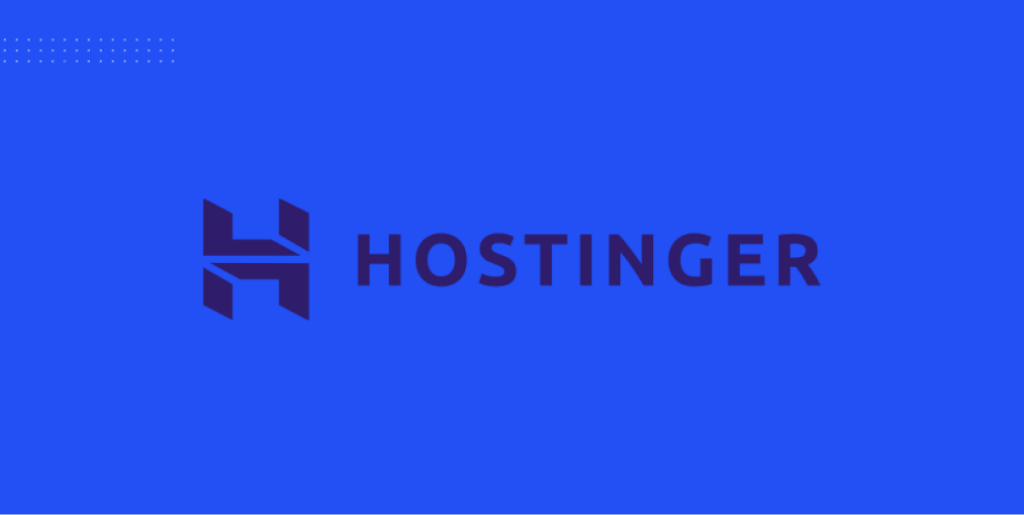
Hostinger is a popular web hosting provider that also offers optimized WooCommerce hosting services. Let’s explore its features, pricing plans, and customer reviews:
Features and Benefits of WooCommerce Hosting
– Hostinger provides a WooCommerce-specific environment with pre-installed WordPress and WooCommerce, making it easy to set up and manage your online store.
– Their WooCommerce hosting comes with optimized server configurations, ensuring fast loading times and excellent performance for your store.
– Hostinger offers a user-friendly control panel, allowing you to manage your store efficiently.
– They provide free SSL certificates to secure your customers’ data and ensure a safe shopping experience.
– Hostinger offers a one-click installer for WooCommerce themes and plugins, enabling easy customization and expanded functionality for your store.
Pricing Plans and Packages
– Hostinger offers three WooCommerce hosting plans: Single, Premium, and Business.
– The Single plan starts at $8.99 per month, providing hosting for one WooCommerce store with 100GB SSD storage and unlimited bandwidth.
– The Premium plan, priced at $11.99 per month, allows hosting for up to 100 WooCommerce stores with 200GB SSD storage and unlimited bandwidth.
– The Business plan, priced at $15.99 per month, offers hosting for unlimited WooCommerce stores with 300GB SSD storage and unlimited bandwidth.
– All plans include a free domain, SSL certificate, and 24/7 customer support.
Customer Reviews and Ratings
– Hostinger has generally positive customer reviews for their overall hosting services.
– Customers appreciate Hostinger’s affordable pricing, reliable performance, and intuitive interface.
– Users have praised the fast loading times and stable uptime of their WooCommerce stores hosted on Hostinger.
– The prompt and helpful customer support has been another highlight mentioned by Hostinger users.
Overall, Hostinger provides cost-effective WooCommerce hosting solutions with optimized performance, reliable security features, and excellent customer support. It is a popular choice for businesses looking for reliable hosting services for their WooCommerce stores.
Namecheap
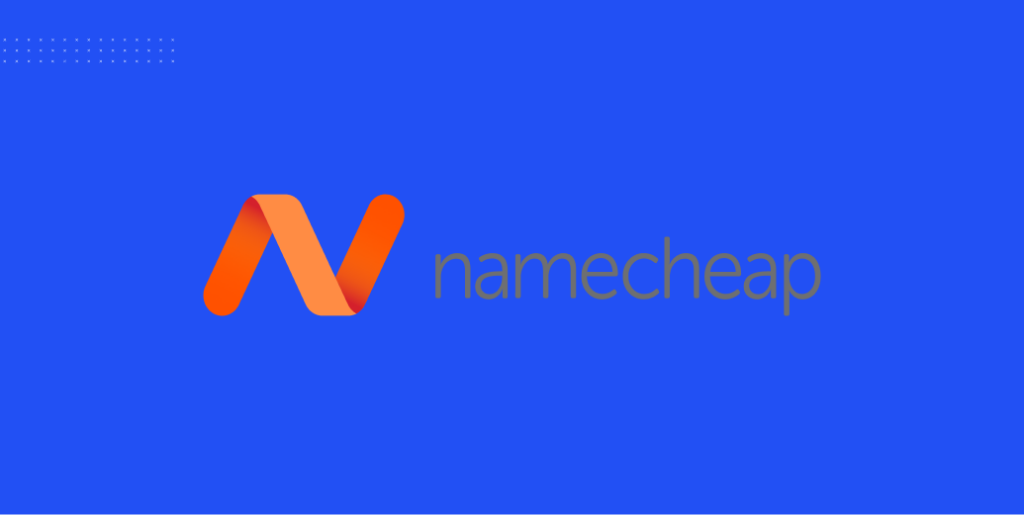
Namecheap is a well-known domain registrar that also offers WooCommerce hosting services. Let’s delve into its features, pricing plans, and customer reviews:
Features and Benefits of WooCommerce Hosting
– Namecheap’s WooCommerce hosting includes a user-friendly interface and a simple setup process, making it ideal for beginners and small businesses.
– They provide optimized server configurations for WooCommerce, ensuring fast loading times and smooth performance for your online store.
– Namecheap offers a free SSL certificate to secure your customers’ data and build trust.
– Their WooCommerce hosting includes daily backups and advanced security measures to protect your store from potential threats.
– Namecheap provides seamless integration with popular WooCommerce plugins and themes, allowing you to customize your store based on your unique requirements.
Pricing Plans and Hosting Packages
– Namecheap offers three WooCommerce hosting plans: EasyWP Starter, EasyWP Turbo, and EasyWP Supersonic.
– The starter plan starts at $3.88 per month, offering 10GB SSD storage, 50,000 monthly visitors, and 1x WordPress website.
– Turbo plan, priced at $7.88 per month, provides 50GB SSD storage, 200,000 monthly visitors, and 1x WordPress website.
– Supersonic plan, priced at $11.88 per month, offers 100GB SSD storage, 500,000 monthly visitors, and 1x WordPress website.
– All plans come with one-click staging, free CDN, and a user-friendly dashboard.
Customer Reviews and Ratings
– Namecheap receives positive customer reviews for its domain registration services, but specific feedback for their WooCommerce hosting is limited.
– Customers appreciate Namecheap’s competitive pricing and the ease of setting up and managing their WooCommerce stores.
– Some users have mentioned the reliable performance and fast loading times of their WooCommerce stores hosted on Namecheap.
– The customer support has received mixed reviews, with some customers praising the prompt and helpful assistance while others reported less satisfactory experiences.
Overall, Namecheap offers affordable WooCommerce hosting solutions with essential features and reliable performance.
While customer reviews for their WooCommerce hosting are limited, Namecheap’s reputation as a domain registrar and its competitive pricing make it worth considering for small businesses and individuals looking for straightforward WooCommerce hosting options.
Bluehost
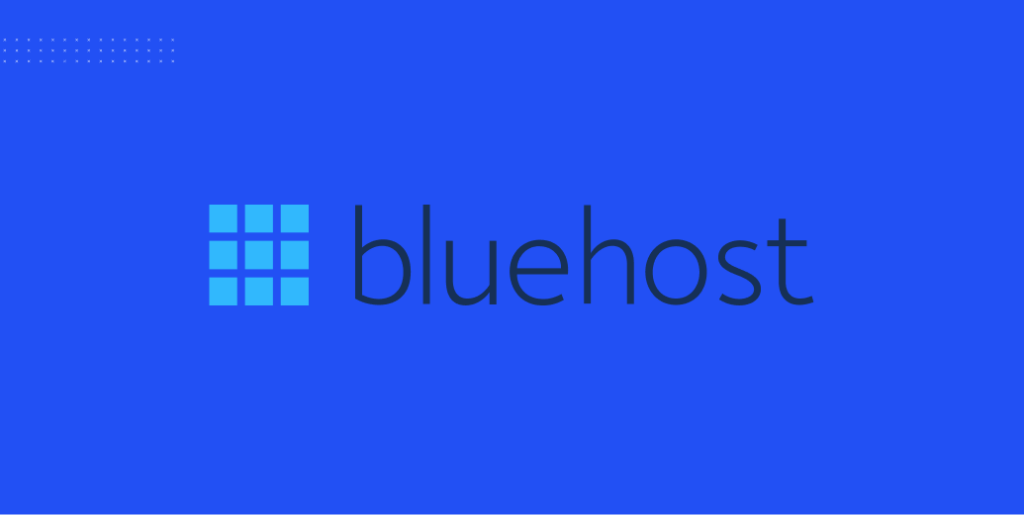
Bluehost is a well-established hosting provider that offers specialized WooCommerce hosting services. Let’s explore its features, pricing plans, and customer reviews:
Features and Benefits of WooCommerce Hosting
– Bluehost provides a WooCommerce-specific dashboard that makes it easy to set up and manage your online store.
– Their WooCommerce hosting includes built-in performance optimization, ensuring fast loading times for your store and a smooth shopping experience for your customers.
– Bluehost offers enhanced security features such as a free SSL certificate to protect your customers’ data and maintain their trust.
– They provide seamless integration with popular WooCommerce themes and plugins, allowing you to customize and extend the functionality of your store.
– Bluehost’s WooCommerce hosting comes with built-in analytics tools to help you track and analyze your store’s performance.
Pricing Plans and hosting packages
– Bluehost offers three WooCommerce hosting plans: Starter, Plus, and Pro.
– The Starter plan starts at $6.95 per month and includes 100GB SSD storage, unmetered bandwidth, and a free domain name.
– The Plus plan, priced at $8.95 per month, offers unlimited SSD storage, unmetered bandwidth, and unlimited domains.
– The Pro plan, priced at $12.95 per month, provides advanced features such as a dedicated IP, SSL certificate, and domain privacy.
Customer reviews and ratings
Customer reviews for Bluehost’s WooCommerce hosting are generally positive, with users praising its user-friendly interface, fast loading times, and reliable customer support.
SiteGround
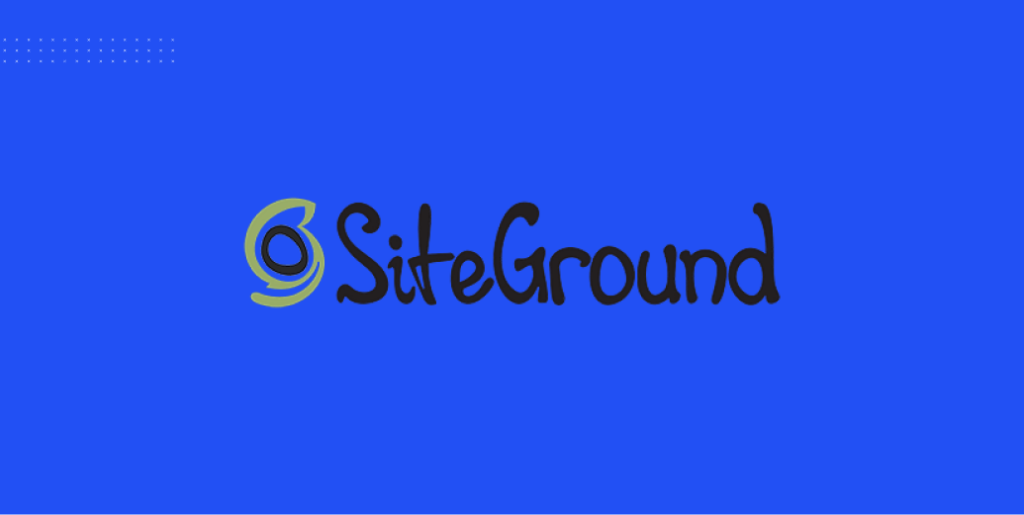
Features and benefits for WooCommerce hosting
SiteGround’s WooCommerce hosting comes with advanced caching and CDN integration for enhanced performance. They offer a comprehensive set of tools and features to manage WooCommerce sites effectively.
Pricing plans and Hosting packages
SiteGround provides three WooCommerce hosting plans: StartUp, GrowBig, and GoGeek. Prices start at $6.99 per month for the StartUp plan, which includes essential features. The GoGeek plan, priced at $14.99 per month, offers additional resources and priority support.
Customer reviews and ratings
SiteGround receives high praise from customers for its excellent uptime, fast loading times, and responsive customer support.
HostGator
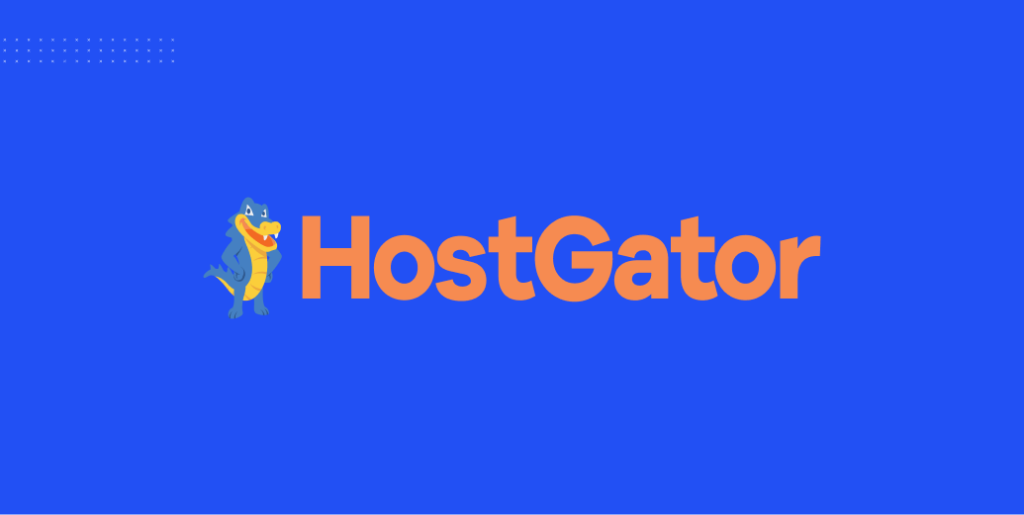
Features and benefits for WooCommerce hosting
HostGator offers WooCommerce hosting with unlimited disk space, bandwidth, and email accounts. They provide a user-friendly interface and seamless integration with WooCommerce plugins and themes.
Pricing plans and Hosting packages
HostGator’s WooCommerce hosting plans include Starter, Standard, and Business. Pricing starts at $9.95 per month for the Starter plan, which includes a free SSL certificate. The Business plan, priced at $16.95 per month, offers additional features like a dedicated IP and Positive SSL.
Customer reviews and ratings
Customer reviews for HostGator’s WooCommerce hosting are generally positive, with users appreciating its affordable pricing, reliable performance, and helpful support.
WP Engine
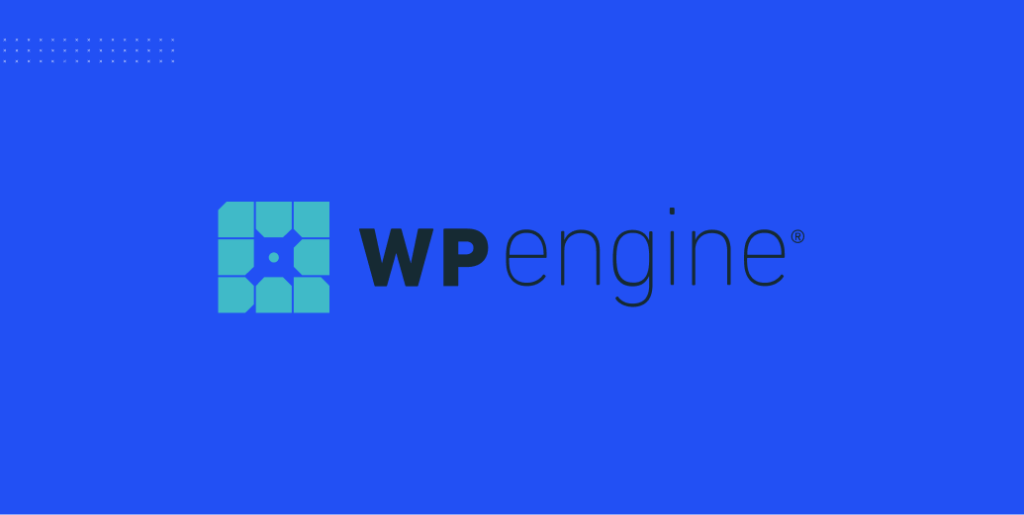
Features and benefits for WooCommerce hosting
WP Engine offers managed WooCommerce hosting with built-in performance optimization, automatic scaling, and advanced security. They provide a seamless experience for WordPress and WooCommerce users.
Pricing plans and Hosting packages
WP Engine’s WooCommerce hosting plans include Startup, Growth, and Scale. Pricing starts at $30.00 per month for the Startup plan, with features like 10GB storage and 50GB bandwidth. The Scale plan, priced at $290.00 per month, offers additional resources and dedicated support.
Customer reviews and ratings
Customer reviews for WP Engine’s WooCommerce hosting are positive, with users praising its excellent speed, reliability, and professional support.
Flywheel

Features and benefits for WooCommerce hosting
Flywheel offers WooCommerce hosting designed for agencies and freelancers. It provides a user-friendly dashboard, one-click staging, and automatic backups for easy site management.
Pricing plans and Hosting packages
Flywheel’s WooCommerce hosting plans include Tiny, Starter, Freelance, and Agency. Pricing starts at $15.00 per month for the Tiny plan, offering 5,000 monthly visits and 5GB disk space. The Agency plan, priced at $290.00 per month, includes 500,000 monthly visits and 50GB of disk space.
Customer reviews and ratings
Flywheel’s WooCommerce hosting receives positive reviews from customers who appreciate its top-notch performance, reliable uptime, and friendly customer support.
Emerging Trends in WooCommerce Hosting for 2026
As technology continues to evolve, so does the world of WooCommerce hosting. In 2026, we can expect to see several emerging trends that will shape the landscape of hosting for WooCommerce stores.
Performance optimization with caching and CDN integration
To ensure fast loading times and optimal performance, hosting providers will focus on implementing advanced caching mechanisms and integrating Content Delivery Networks (CDNs). These technologies will help store owners deliver content more efficiently and reduce page load times, resulting in a smoother shopping experience for customers.
Enhanced mobile responsiveness and user experience
With the rise of mobile shopping, hosting providers will prioritize mobile responsiveness and user experience optimization. They will ensure that WooCommerce themes and sites are fully mobile-friendly, offering seamless navigation, intuitive interfaces, and optimized checkout processes on various mobile devices.
Integration with popular payment gateways and shipping solutions
Hosting providers will work on enhancing integration capabilities with popular payment gateways and shipping solutions. This will enable store owners to offer a wide range of payment options to their customers and streamline the shipping process, resulting in improved convenience and customer satisfaction.
Advanced analytics and reporting for data-driven insights
Hosting providers are recognizing the importance of data-driven insights for online businesses. They are offering built-in analytics platforms that provide in-depth reports on key metrics such as sales, conversion rates, customer behavior, and more.
These analytics tools allow businesses to make informed decisions and optimize their online stores for better performance and profitability.
Automatic updates and maintenance for hassle-free operations
Keeping your WooCommerce store up to date with the latest versions of plugins, themes, and security patches is crucial for its performance and security. Hosting providers are introducing automated updates and maintenance features to streamline this process for store owners.
These features automatically update the WooCommerce core, plugins, and themes, ensuring that your store is running on the latest stable versions. This helps prevent compatibility issues and security vulnerabilities and saves time for store owners who no longer have to manually update their stores.
Wrap Up

In conclusion, we have explored the world of WooCommerce hosting in 2026, focusing on key factors to consider and the top hosting options available. We discussed the importance of choosing the right hosting provider for your WooCommerce store and highlighted the key features and benefits to look for.
Hostinger and Namecheap emerged as strong contenders with their optimized WooCommerce hosting, reliable performance, and positive customer reviews. Bluehost, SiteGround, HostGator, WP Engine, and Flywheel also showcased their unique features and benefits for WooCommerce hosting.
Choosing the right hosting provider for your WooCommerce store is crucial for ensuring optimal performance, security, scalability, and customer support.
As the eCommerce landscape continues to evolve, it is essential to stay updated with emerging trends such as performance optimization, mobile responsiveness, integration with popular platforms, and enhanced security measures.
Last but not least, using the right WooCommerce hosting provider, you can create a seamless shopping experience for your customers and drive the success of your online store in 2024 and beyond.
That’s all for now. Until next time!
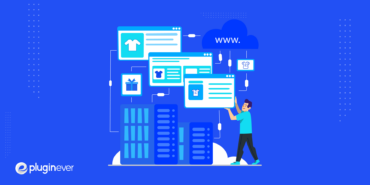
Leave a Reply
You must be logged in to post a comment.